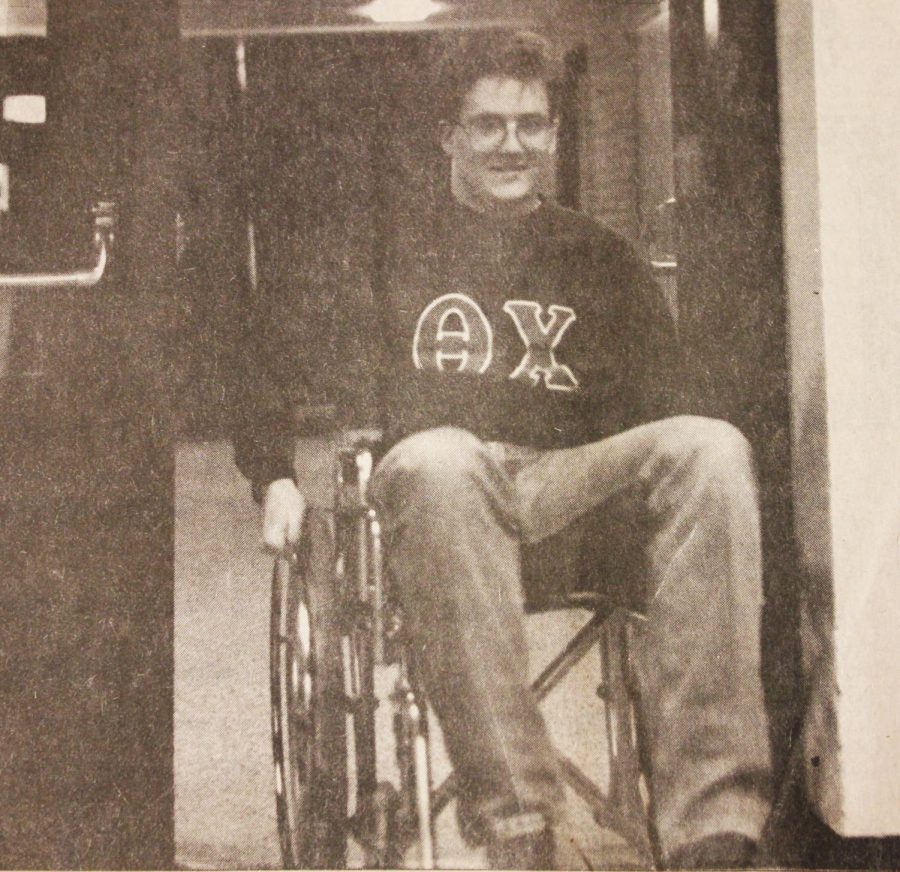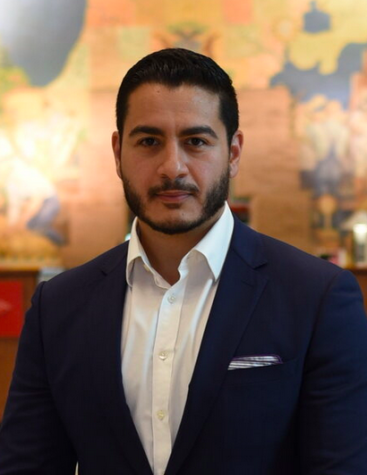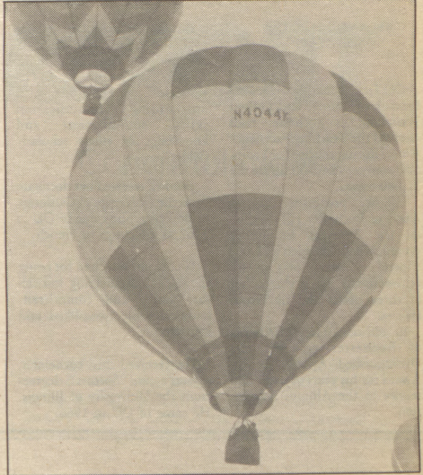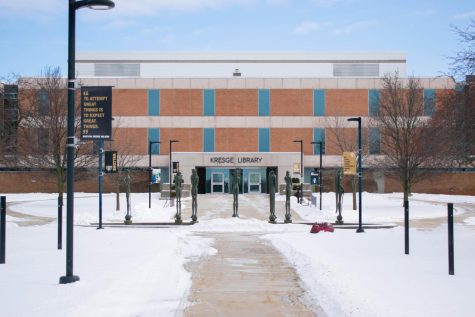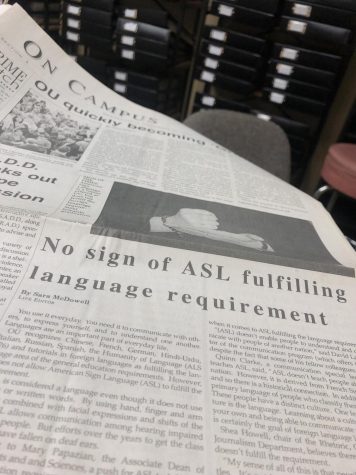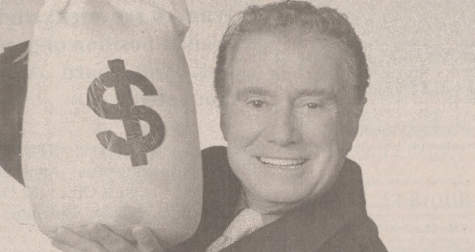Looking Back: Students hold Handicap Awareness Week
Some students can take their abilities for granted — the ability to walk easily to class and fully understand the professor is something people never really think about as lucky. In 1991, Oakland University held a week-long event called Handicap Awareness Week, where the community would become more aware about the impaired.
An ad-hoc committee of Student Congress sponsored the program and events throughout the week. The week focused on visual, hearing and mobility handicaps.
Wednesday, March 27, 1991, was Blindness Awareness Day. The OU community had the opportunity to experience what it would be like to be visually impaired with the use of greased glasses and blindfolds.
“What we’re trying to do is stress handicap peoples’ abilities over their disabilities,” said Michelle Mawson, a committee member.
Thursday, March 28, 1991, was Hearing Awareness Day. The participants received ear plugs to wear throughout the day, just enough to muffle the sound of their lectures.
Another way the committee raised awareness was by receiving wheelchair donations from Wright and Fillips and the Physical Therapy Club. This gave students the opportunity to try to move around campus while being confined to a wheelchair. During this process students realized how hard getting around campus can be due to the damaged sidewalks.
The last event that occurred was a march on April 1, 1991 where the OU community came together with wheelchairs and crutches to show how hard it can be for handicapped students to get from one side of campus to the other. The march started from the north side of campus and ended in front of then Oakland President Joseph Champagne’s office.
“We really want to make students on campus aware that they’re not going to catch something from a handicap person,” Mawson said. “They’re human, treat them as such.”
After the week was over, representatives from the committee and a handicap student met with Champagne to discuss difficulties handicap students could encounter. They discussed topics such as sidewalk conditions, snow clearage in the winter and building accessibility.
At the end of the meeting Champagne asked the Handicap Awareness Committee to create a list of issues that needed attention.
Dawn Aubry, a previous member of that committee, said the President added he “felt strongly that changes will be made, probably not tomorrow, but it will happen.”
Some students used this week as motivation to conduct research on the handicap inequality around campus. Scott Pearsall focused on the new student orientation and how there was a discussion on inequality between races, but no mention of inequality within the handicap community.
Pearsall was hoping his contribution to the project would help OU make the orientation conversation more diverse and make students more aware.
“Instead of drawing attention to the student in class, the professor can invite any student with special needs to meet with them after class,” Pearsall said. “The embarrassment of being singled out experienced by the impaired student is something that the instructor does not intend, but often causes unknowingly.”
Today, Oakland offers some campus accessibility help. There is a snow priority route, that is the first pathway cleared during a snowfall. Also, students in wheelchairs can submit their routes to class to have those pathways cleared. OU has door openers available for more buildings and the “Clickers” can be loaned to students for the time needed.



